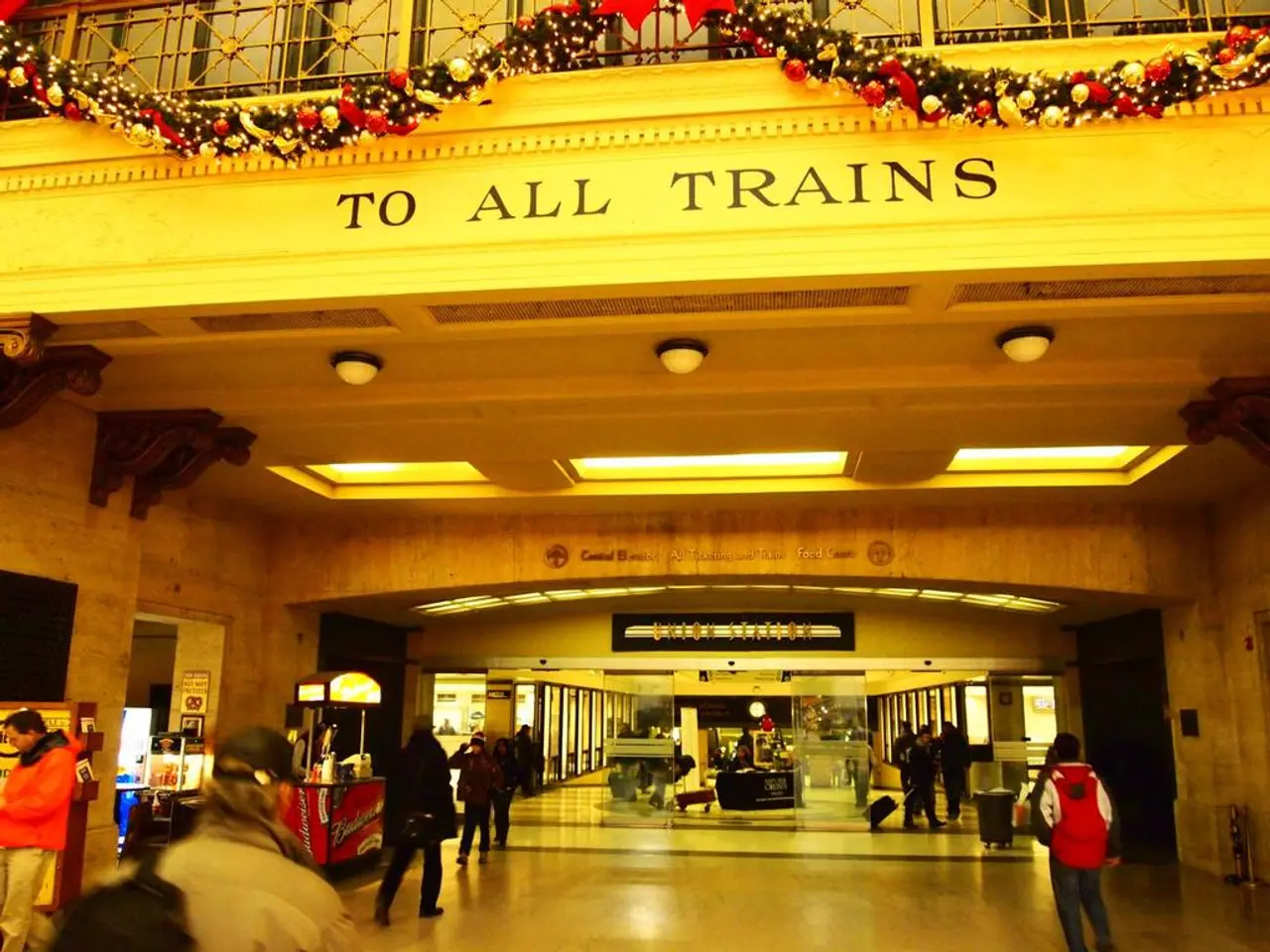Town council seniors advocate for housing asylum seekers in urban areas, as per leaked correspondence
In a nationwide debate, the question of where to house asylum seekers has sparked intense discussions. Proponents argue that town centers could be the solution for promoting integration, challenging racist rhetoric, and providing access to essential services. However, opponents raise concerns about housing market pressures, resource strain, and social isolation.
Proponents of housing asylum seekers in town centers believe that this approach encourages social interaction, preventing ethnic enclaves and social isolation that can hinder integration. Town centers typically offer better access to public services, language courses, healthcare, and transportation, supporting asylum seekers' well-being and integration prospects.
Moreover, placing asylum seekers in town centers can reduce racist rhetoric by increasing visibility and positive engagement with the community, challenging stereotypes, and reducing misinformation and hostility. Integration in central locations can normalize diversity and foster mutual understanding. Town centers may also offer more employment and educational opportunities, aiding social and economic integration over time.
On the other hand, critics argue that concentrating asylum seekers in economically disadvantaged urban areas may increase demand for scarce rental properties, driving up rents and potentially heightening tensions with local residents. Some town centers may struggle to provide consistent and high-quality support services due to resource constraints, leading to inequalities in access and outcomes for asylum seekers.
While dispersal aims to prevent ethnic enclaves, it can also isolate asylum seekers from social networks of similar backgrounds, which can be critical for support and successful integration. Logistically, housing asylum seekers in town centers may be limited by availability and cost of suitable accommodation, potentially leading to reliance on temporary or less appropriate housing like hotels.
The debate over housing asylum seekers in town centers has recently taken center stage in Waterlooville, with former Home Secretary Suella Braverman expressing opposition to the idea against the wishes of local people. The leaked emails discussing the housing of asylum seekers have further fueled the controversy.
Cllr Jason Horton and senior Havant councillor Gillian Harris, who have been advocating for housing asylum seekers near shops, schools, GP surgeries, and transport for faster integration, did not respond to The Sun's request for comment. The placement of asylum seekers near communities can combat racist rhetoric and aid integration, but ensuring quality services, affordable housing, and community engagement is essential to maximizing benefits and addressing challenges.
As the national row over where asylum seekers should live continues, it is clear that finding a balanced solution that benefits both asylum seekers and local communities is crucial.
- To address general-news and politics regarding asylum seekers' housing, advocates propose placing them in town centers to foster integration, combat racism, and provide access to essential services.
- On political and general-news agendas is the debate about housing asylum seekers, with concerns raised about potential housing market pressures and resource constraints in town centers, which could negatively impact local communities.







